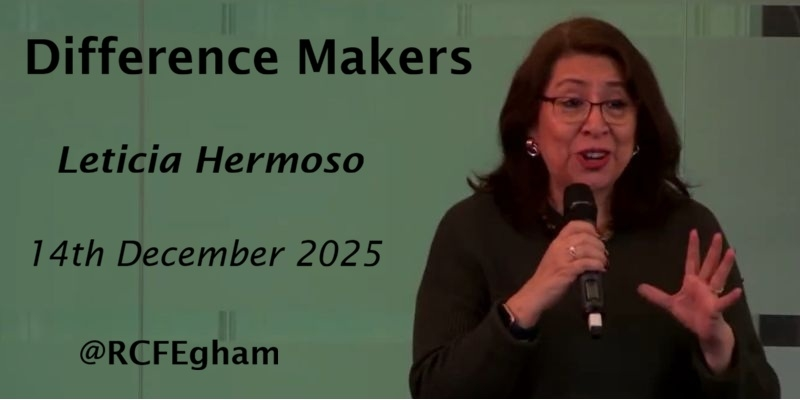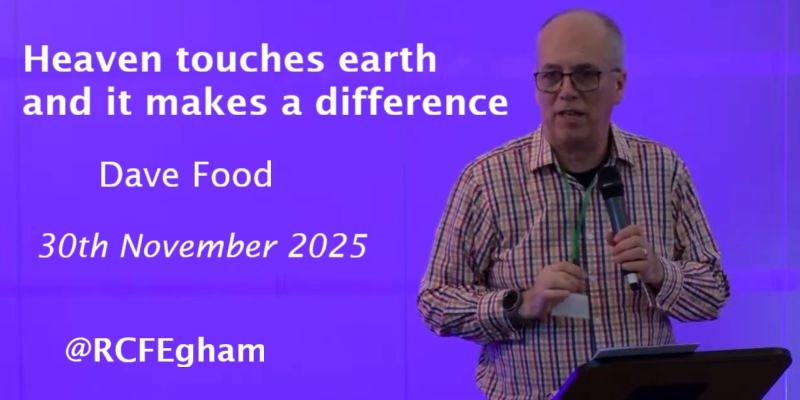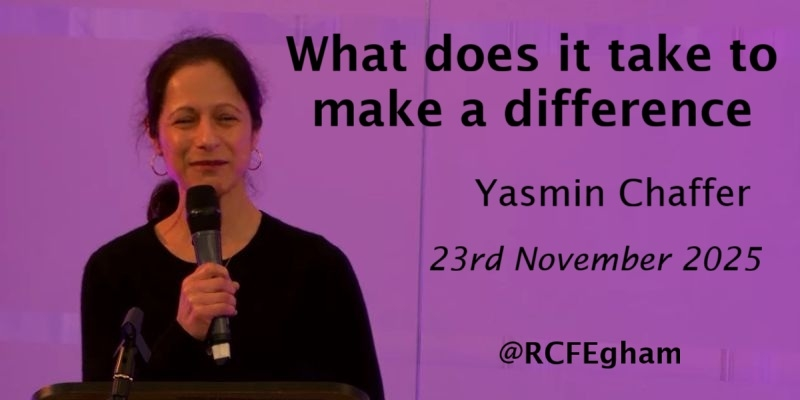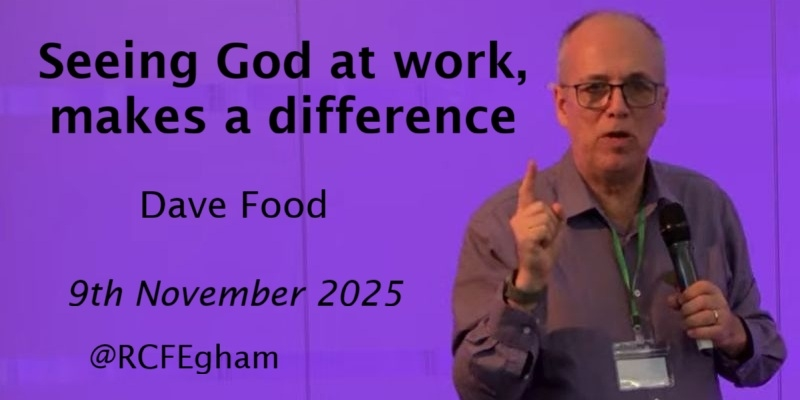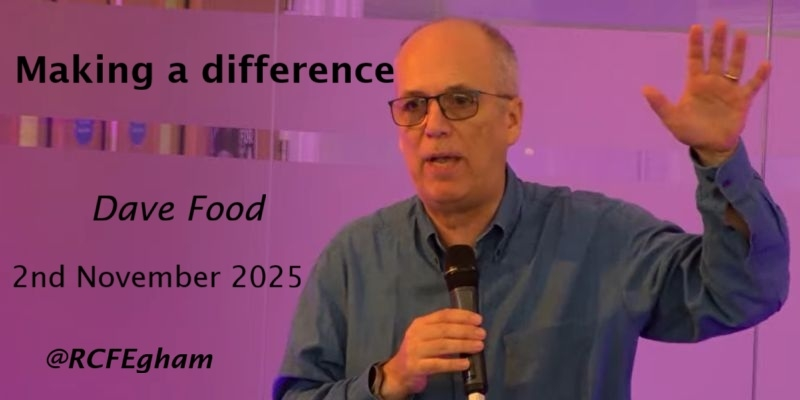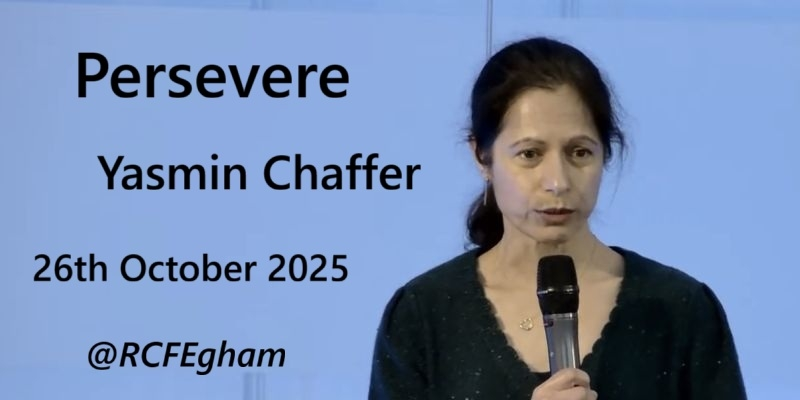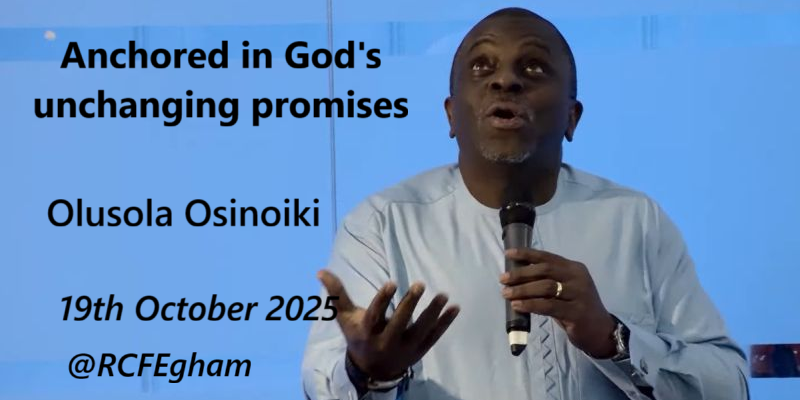Runnymede Christian Fellowship
Church • England • 49 members • 3 followers
News
Sort by
newest
About this group
Church
group
49
members
3
followers
21st Century Church - doing life with God - being community where you are
Follow Welcome to the Runnymede Christian Fellowship Faithlife Community. This is the hub where we help our blended Church to connect, communicate and be community. There is plenty of material information and help you in connecting, learning, growing and being Church here at Runnymede Christian Fellowship. Please do have a look around if you have any questions let us know and we will help you as best we can.
Welcome to the Runnymede Christian Fellowship Faithlife Community. This is the hub where we help our blended Church to connect, communicate and be community. There is plenty of material information and help you in connecting, learning, growing and being Church here at Runnymede Christian Fellowship. Please do have a look around if you have any questions let us know and we will help you as best we can.
